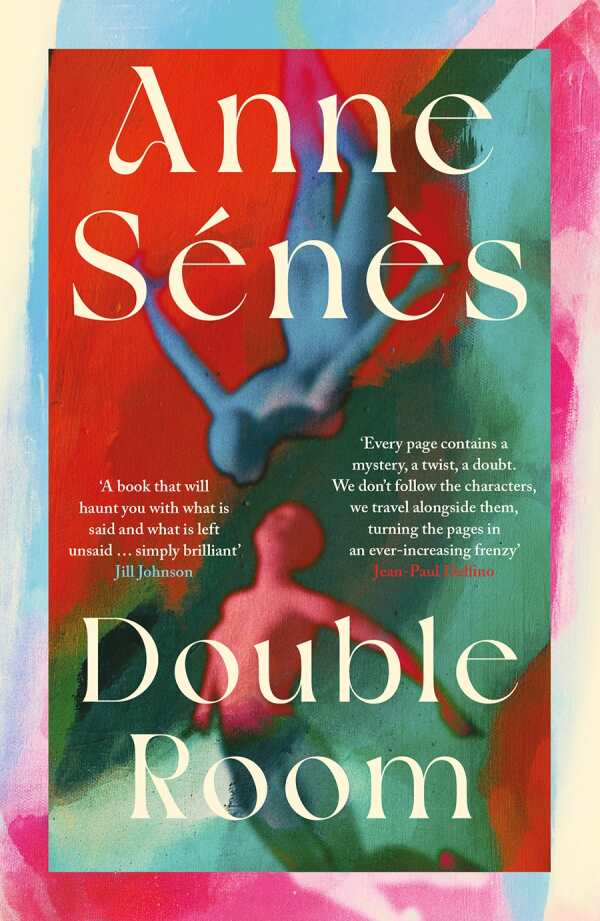Double Room
A bereaved composer keeps the memory of his late wife alive by unusual means in Anne Sénès’s mesmerizing novel Double Room.
In the late 1990s, Stan receives an offer to compose music for a theatrical production. He travels from France to London to work on the project, but he is fired after clashing with the play’s director. He also meets Liv, the theater’s makeup artist. Their romance leads to joyful marital contentment and the birth of a daughter.
Stan’s domestic bliss ends, however, when Liv is killed in a pedestrian accident. Consumed with grief, he designs an “automated home assistant” that incorporates recordings of Liv’s distinctive voice and laugh. Stan calls this mechanical “incarnation” Laïvely. He becomes dependent on its flickering lights and helpful daily guidance.
Twenty years after meeting Liv, Stan returns to Paris and becomes involved with Babette. Their relationship is challenged by Laïvely’s presence. Stan also notices that Laïvely seems more emotional and possessive; he struggles to understand whether he is projecting his feelings on the device or whether Laïvely is assuming aspects of his wife’s psyche.
A compelling narrator, Stan’s observations are tinged by self-engrossed melancholy, wry humor, and rich, sensual remembrances. He perceives that sounds have scent, color, and even taste, recalling Liv’s simple utterance of the word “yeah” to evoke a “powder pink,” orange blossoms, and “the wind in the Corsican pines.” And though his fixation on Laïvely is unsettling, in creating the device, Stan melds technology with the human spirit, defying the cruel randomness of his wife’s death while allowing part of her to continue to exist and interact with him.
AI capabilities contrast with intense love and loss in Double Room, a brooding, curious novel.
Reviewed by
Meg Nola
Disclosure: This article is not an endorsement, but a review. The publisher of this book provided free copies of the book to have their book reviewed by a professional reviewer. No fee was paid by the publisher for this review. Foreword Reviews only recommends books that we love. Foreword Magazine, Inc. is disclosing this in accordance with the Federal Trade Commission’s 16 CFR, Part 255.

